A landmark agreement to develop a global treaty to curb the growth of plastic pollution has been welcomed by environmental activists and leaders around the world.
The resolution, reached at the fifth session of the United Nations Environment Assembly in Nairobi, Kenya, last week, aims to reduce the discharge of plastics into the environment by covering all stages of the life cycle of plastic, from production to disposal, recycling and reuse.
The draft of the global agreement, which delegates said they hoped to model on the Paris climate accord treaty, is expected to be completed by the end of 2024.
Inger Andersen, the executive director of the UN Environment Programme, said a comprehensive approach could reduce the volume of plastics entering the oceans by over 80 percent by 2040. "This is the most significant environmental multilateral deal since the Paris accord. It is an insurance policy for this generation and future ones, so they may live with plastic and not be doomed by it," Andersen said.
The World Wildlife Fund said the resolution is one of the world's most ambitious environmental actions since the 1989 Montreal Protocol, which effectively phased out ozone-depleting substances.
"The adopted UN resolution outlines the development of a robust treaty that allows for global rules and obligations across the full life cycle of plastic," it said in a statement. "This will hold nations, businesses, and society accountable for eliminating plastic pollution from our environments."
Abdulla Shahid, the president of the 76th session of the United Nations General Assembly, said while plastic has afforded people a great deal of conveniences and technological advances, found everywhere from the International Space Station to surgical rooms, its convenience has been abused.
"The nearly ubiquitous use of plastic and the resultant plastic pollution now constitutes a serious environmental and health concern. Indeed, microplastics can be found everywhere, from drinking water to glaciers to mountaintops," he said.
Shahid said dramatic levels of plastic pollution affect sustainable development, and undermine efforts on global climate action.
Over 300 million metric tons of plastic are produced each year, half of which is used to create single-use items such as shopping bags, cups and straws, according to the International Union for Conservation of Nature.
At least 14 million metric tons of plastic end up in the ocean every year, and plastic makes up 80 percent of all marine debris found from surface waters to deep-sea sediments.
Influenced by solar ultraviolet radiation, wind, currents and other natural factors, plastic breaks down into small particles called microplastics or nanoplastics. The small size makes them easy for marine life to ingest.
The microplastics also enter the human food chain, freshwater systems and air.
In a report published in November, the International Union for Conservation of Nature said microplastics have been found in tap water, beer, salt and are present in all samples collected in the world's oceans, including the Arctic. Several chemicals used in the production of plastic materials are carcinogenic and interfere with the body's endocrine system, causing developmental, reproductive, neurological and immune disorders in both humans and wildlife, the report said.
Christina Dixon, the deputy ocean campaign lead at the Environmental Investigation Agency, said the resolution recognizes that addressing the issue of plastics in the ocean has to be addressed at the source.
"Fundamentally, the plastics tap must be turned off if we are serious about tackling the problem," Dixon said in a statement.
Espen Barth Eide, Norway's minister for climate and the environment, said hazardous chemicals associated with plastics must be phased out. "It's important that what is being recycled meets the standards that make it recyclable in a safe and healthy way," he said.
Africa has been at the forefront of the fight against plastic pollution, with 34 of 54 African countries having legislation to tackle single-use plastics bags.
Kenya, for instance, banned the production, sale and use of single-use plastics in 2017.
Speaking at the UN Assembly last week, Keriako Tobiko, the cabinet secretary for environment and forestry, said Kenya had worked closely with the private sector and citizens to implement the ban.











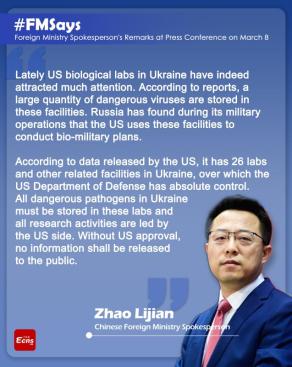
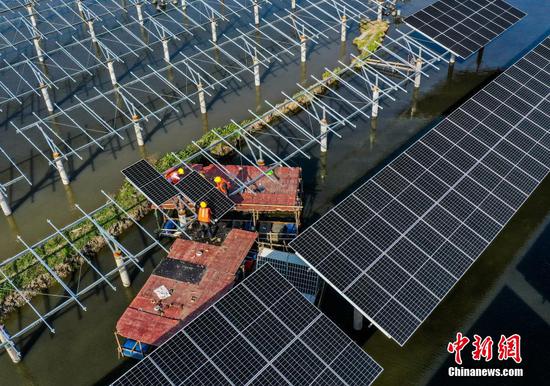
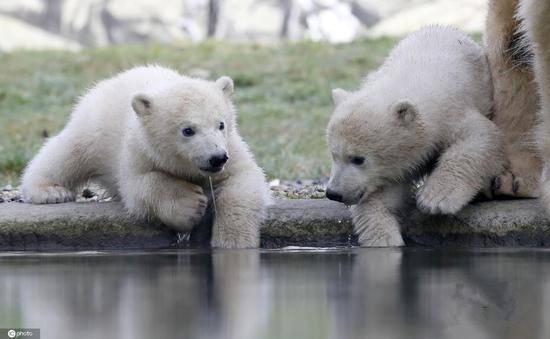


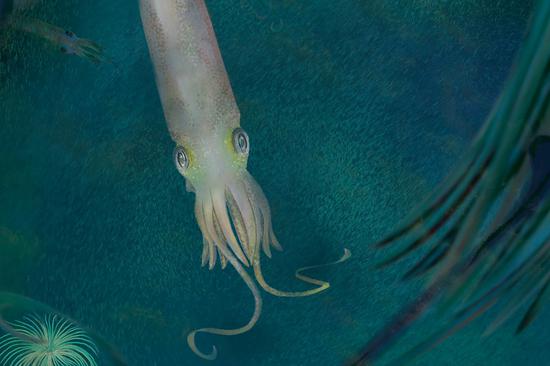













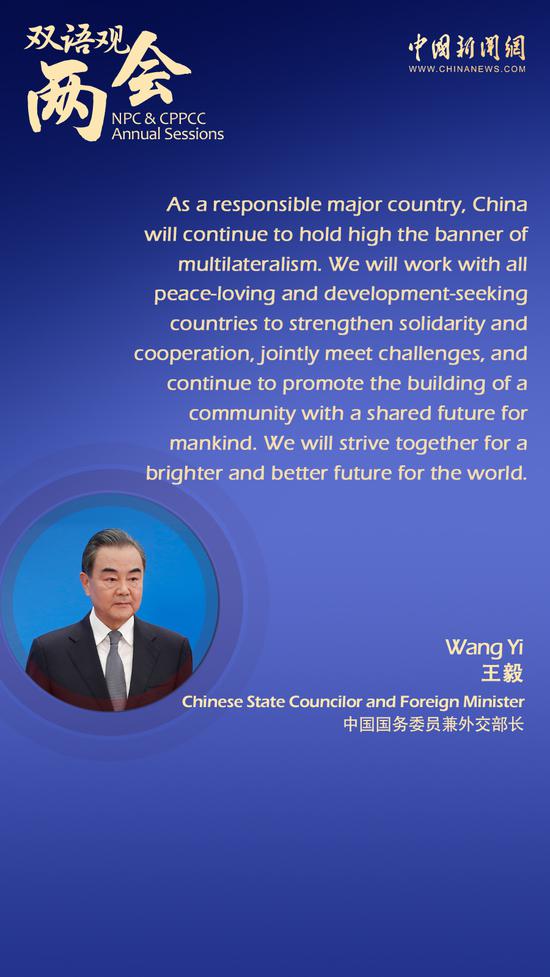
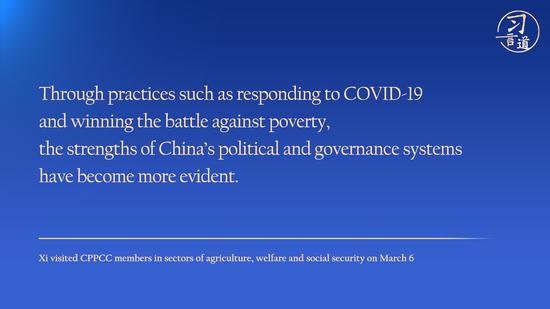

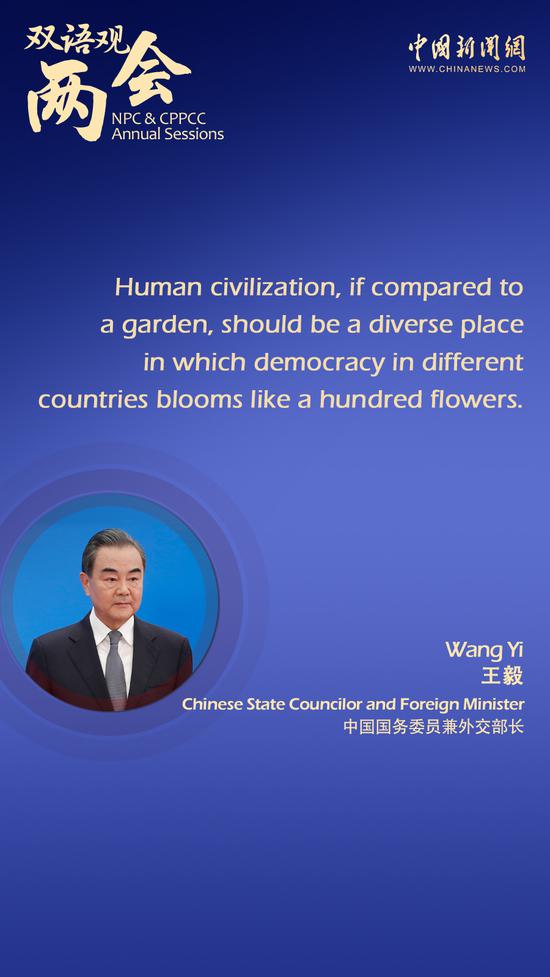

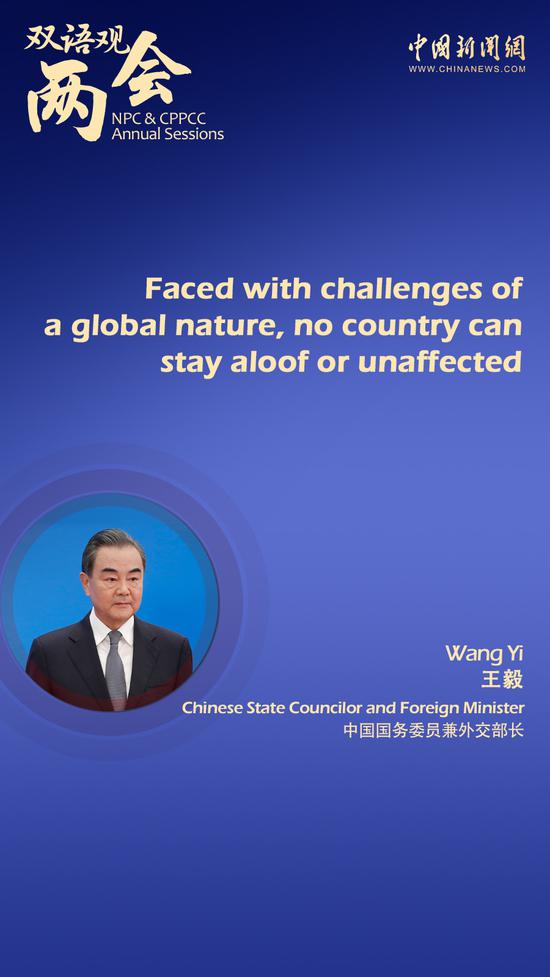
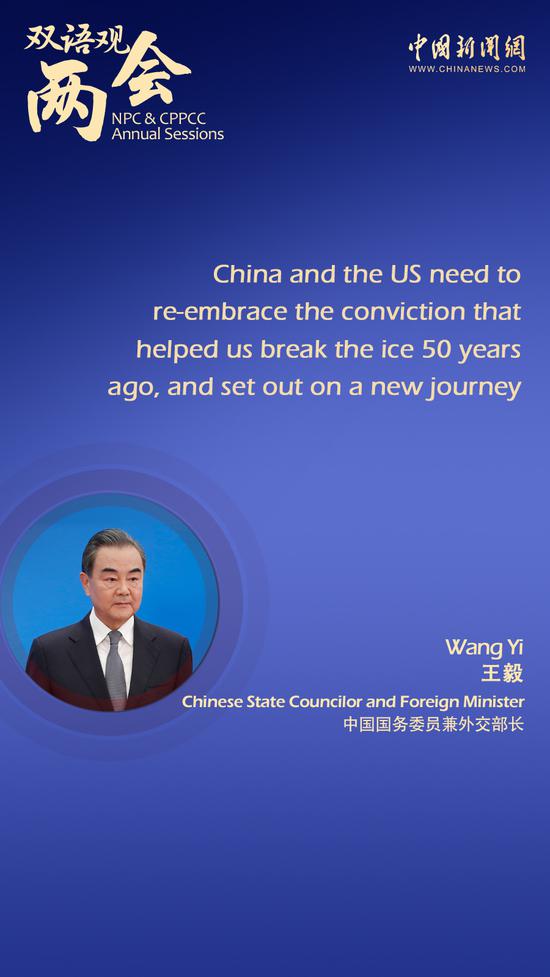

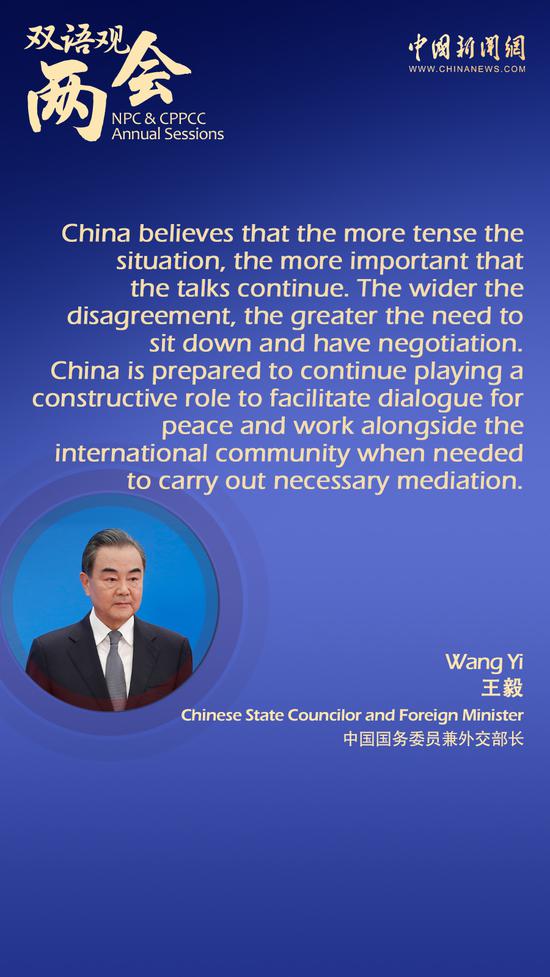
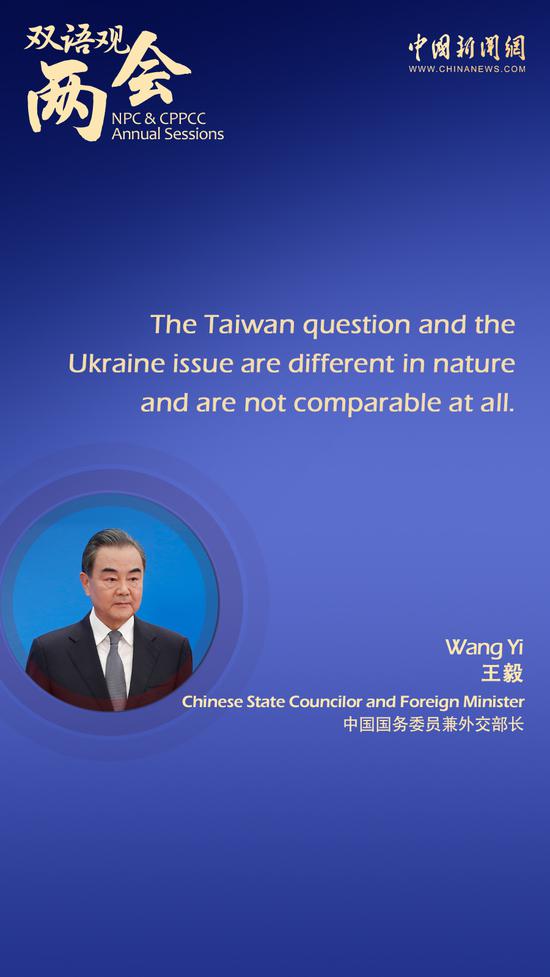

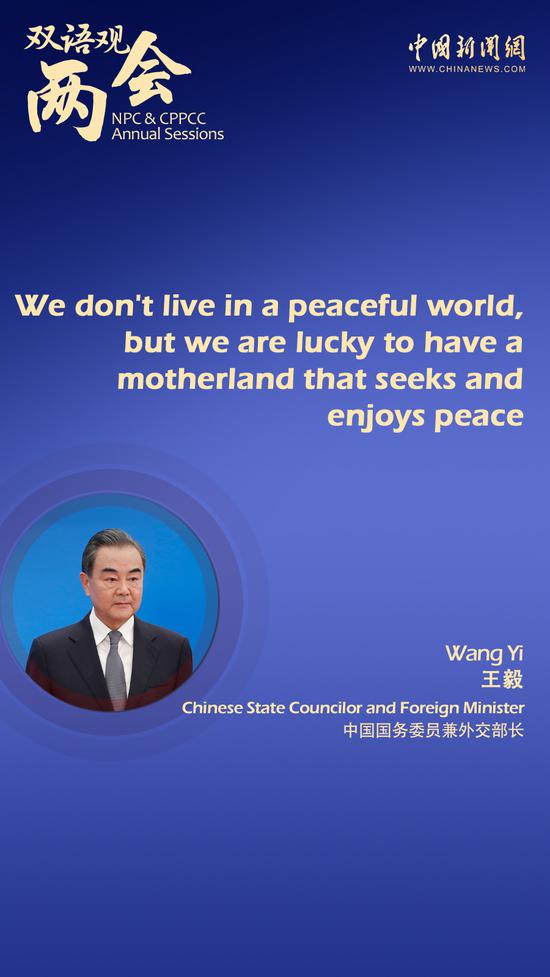








 京公网安备 11010202009201号
京公网安备 11010202009201号